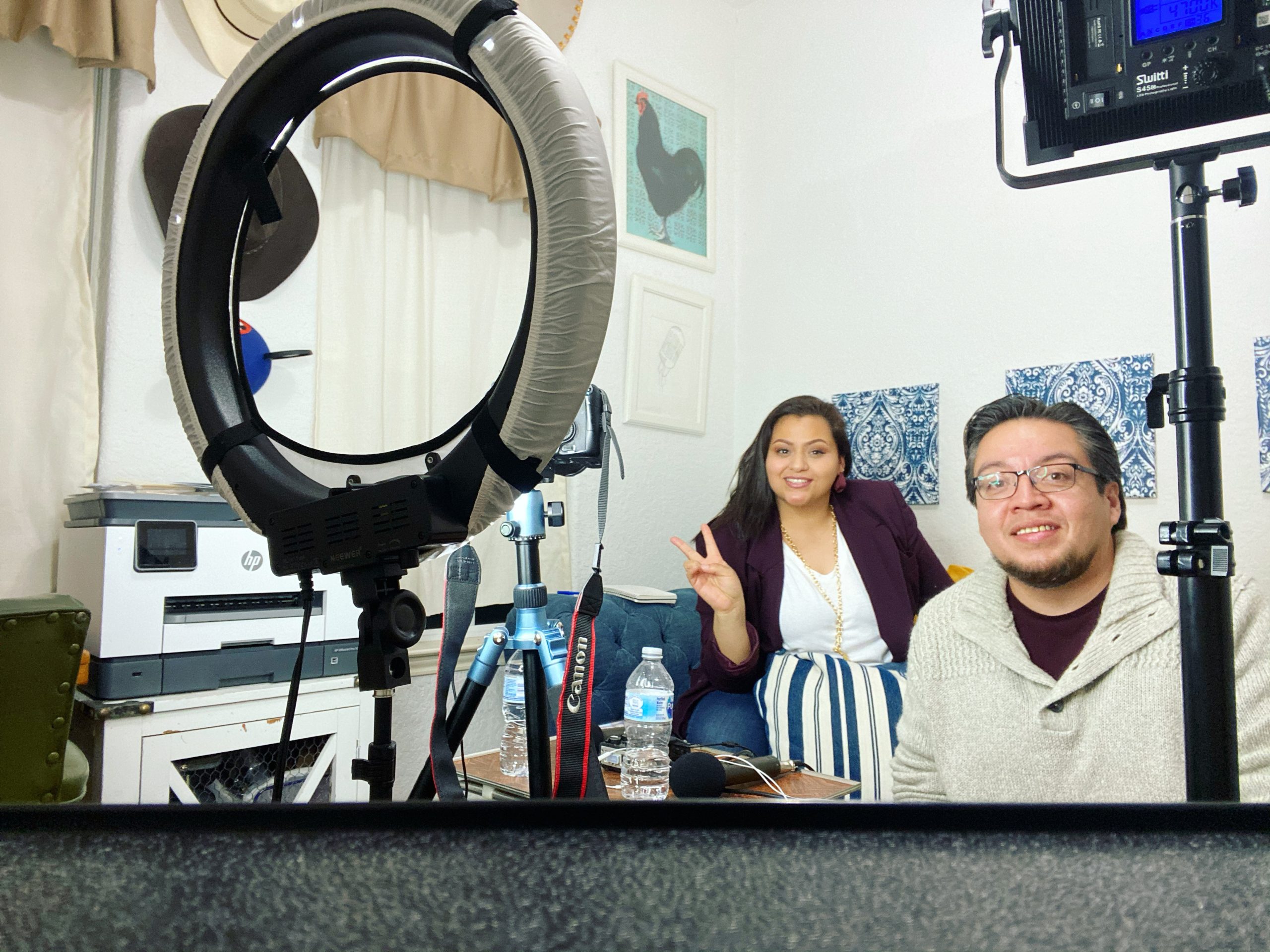
What are hardworking parents to do these days when they can’t find the time to teach their children the language skills they want? ¿Pues qué más? Hire a bilingual nanny! At least, that’s what the website FindaNanny.net is insinuating in their latest post, 10 Ways Bilingual Nannies Can Benefit Children. Among the reasons they list for this being a sound parenting decision are: bilingual nannies can help children master a foreign language, they can introduce children to a different culture, they can serve as linguistic role models for children, and they can encourage a love of diversity, as well as help bilingual parents reinforce their non-English tongue, among other reasons.
I kind of like that last reason! Reinforcing. Hmm…
Now, I’ll be honest. I don’t really know too much about the FindaNanny network, other than that they brought their article to my attention, and that they apparently can help connect nannies and parents in some way. Still, their reasoning does kind of make sense. We all know how hard it is to get these huercos to be fully bilingual.
My reason for writing this post, however, was not only to tell you about this article. What it brings to mind, at least in my mind, is this question: Is it becoming more acceptable, even more popular maybe, to raise bilingual children in this country? That hasn’t always been the case if it is. Not too long ago the idea of passing a law to make English the official language of the United States was getting a lot of play all over the media. What changed?
I won’t pretend to have the answer to that question. I don’t. Instead, as someone who grew up in a bilingual, bicultural household, and who would very much like to have Edgar do the same, I say “Ojala. Ojala que finalmente we’re gaining a true appreciation for the benefits of bilingualism and biculturalism.”
And if we do hire a bilingual nanny for his/her language and cultural skills, let’s make sure and compensate them accordingly too!



3 thoughts on “What’s The Secret To Raising a Bilingual Kid? …Hiring a Bilingual Nanny!”
Hola Juan. Good blog entry. I’m becoming a fan of your site as I’ve just married a mexicana a couple of months ago and mis suegros live with us. Soy afro-americano, so I’m learning a lot about Mexican culture. Pero, at age 40, I’m guilty (I’m a statistic) because I tried to take spanish in college 20 years ago and failed it twice. Now, I’m suddenly faced with having to learn it to communicate with new family and the experience has been daunting, challenging and downright frustrating. My new wife (who’s a fluent native speaker) and I are discussing starting a family and we want our future child(ren) to be bilingual…I’m reading about the different methods to accomplish this…I just don’t know how I can be able to fully accomplish this when my knowledge of the language is so poor. 2 1/2 years of learning, and about another 7 more to go. The resources here in Las Vegas are extremely poor and lacking, despite a large spanish population. Very few classes, very few networking opportunities, I’ve spent a lot of money on books, tutors, online materials, and because I’m not where I want to be fluency-wise, I’ve given up about 800 times already. Yes, we want our kids to be bilingual, but there’s gotta be a way for adults to access resources to be able to learn also. Spending time outside of the US is impractical for me right now, however, as I said, my spanish-speaking in-laws live with us. While that helps a little, it’s only been partial immersion for me as my wife and i communicate in english about 90% of the time. She says she forgets or its hard for her to remember to try to converse with me in spanish around the clock. So yes, music, TV, radio, reading, you name it/I’ve tried it or I’ve done it. Listening comprehension is my poorest trait right now. I’m extremely isolated at the dinner table constantly and it does get frustrating and discouraging. In the 2 1/2 years that I’ve been trying to learn, I think I’ve spent about $1,000, inclusive of grammar books, Rosetta Stone, flashcards, other materials, tutors, various downloads, and other things. So yes, latina nannies…all the way. And boy, if I could turn the clock back…oh well.
Wow, Erik! First of all, thanks for coming to the blog and leaving me your insight. You know what? You very well could be the perfect example of why bilingual nannies makes sense, lol… I don’t mean to make light of your frustration. I can just imagine how difficult it must be to be trying so hard and not be getting the results you want. Back in the day, I took a French class that pretty much just left me with a minimal understanding of how to count to 20 and say my alphabet in that language. Even as a native Spanish speaker, when I had to test my actual Spanish fluency in college, to my surprise, I had to take a couple of semesters of Spanish to truly get a hold of accents and all of the other rules in the language. I say all that not to discourage you, but I guess more in a way to try to be encouraging and say “hang in there.” Immersion is king in learning a new language, but as you point out, it’s not always easy to find or obtain.
Messsage for Eric Huey: I understand your concern. I was born in Spanish Harlem, attended public and catholic schools in the Bronx, and catholic, mostly English language H.S. in a lovely southern (mother’s) town in P.R. My mother and aunt were H.S graduates of P.R. (when Congress wanted to convert P.Ricans into anglo- speakers, so they had a good knowledge of both languages and literature(learned about E.A, Poe then) Spoke Spanish exclusively at home, but read both English and Spanish newspapers (no t.v. avail. yet))after work and made lots of comments/jokes about politics, sports and comics.
I worked as a secretary both in P.R./N.Y but finished my BA degree in P.R., becoming an English teacher. Retired, I came back to the states. So I can speak about bilingualism.
Ask your in-laws to speak Spanish all the time with family AND the kids, read the Spanish newspapers, and comment/ joke about politicians, sports) among themselves. Play cards and dominoes (speaking Spanish) and introduce the kids to reading the newspape
I feel Spanish is easy to read.My cousin, brother and I became curious and were taught
the 5 vowels have only one sound (a,e,i,o,u), the consonants, same except (c=soft and hard); h=silent; j,, like Eng. h;ll like Eng. y; q always followed by u, etc. Hope this helps..